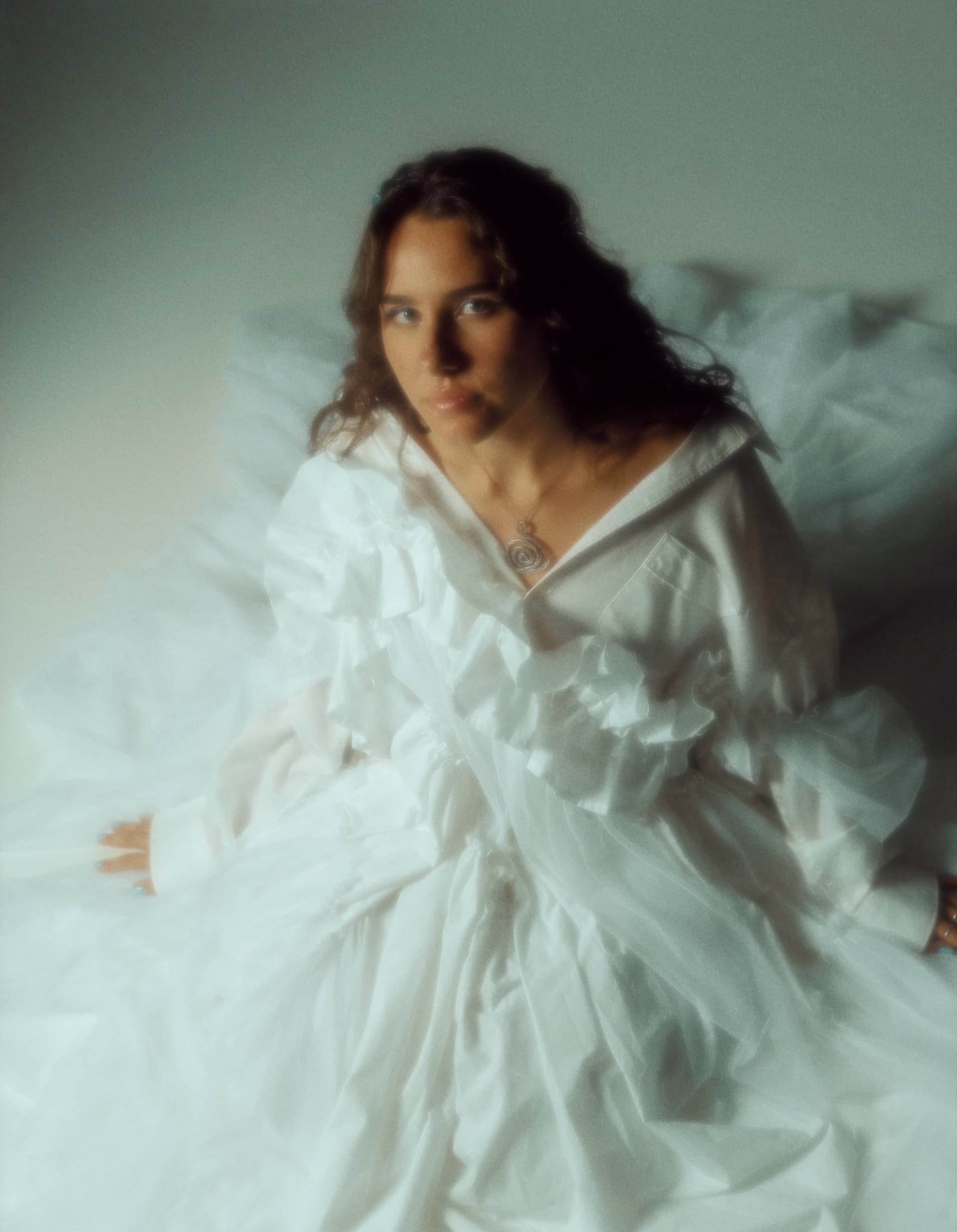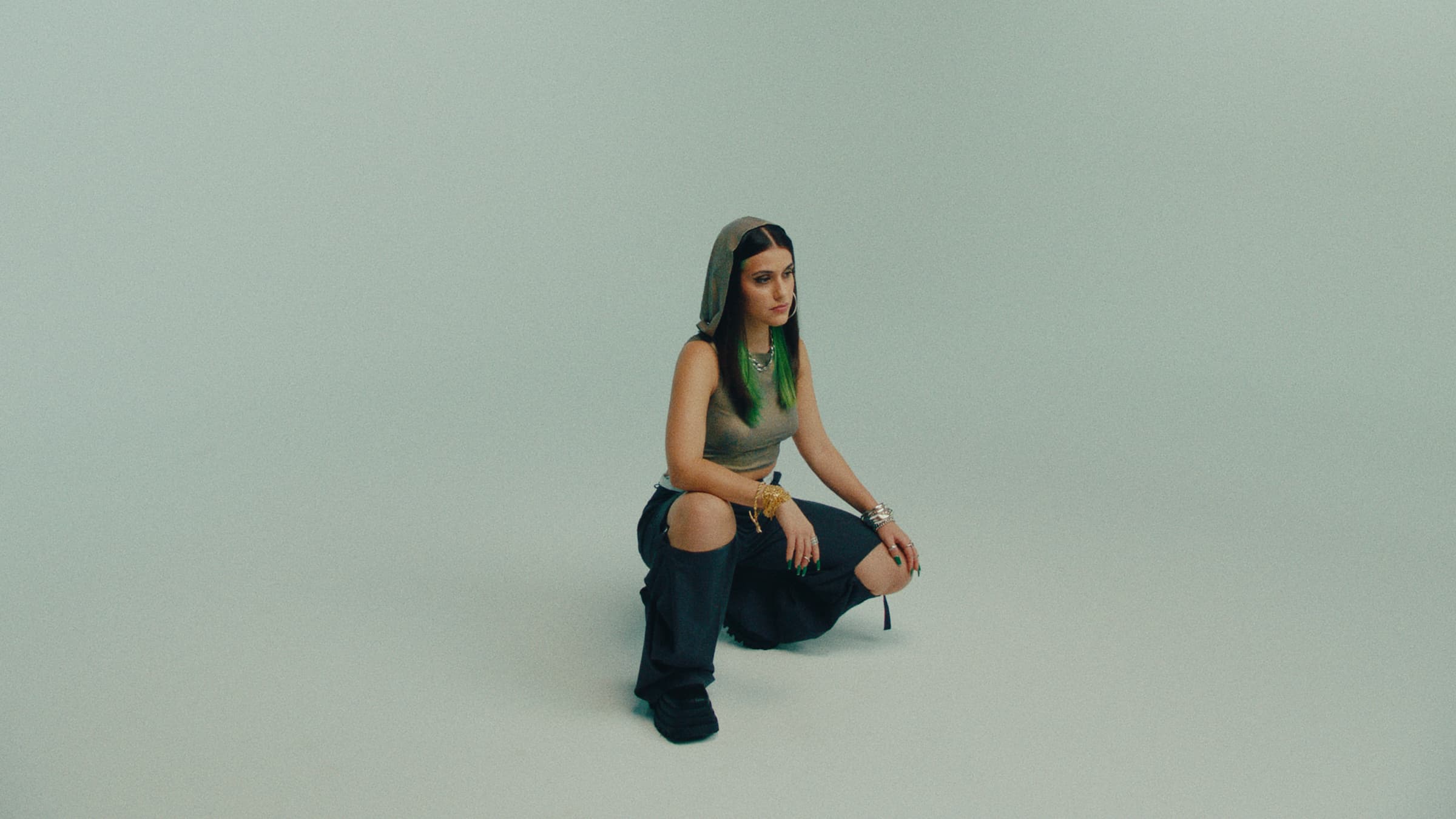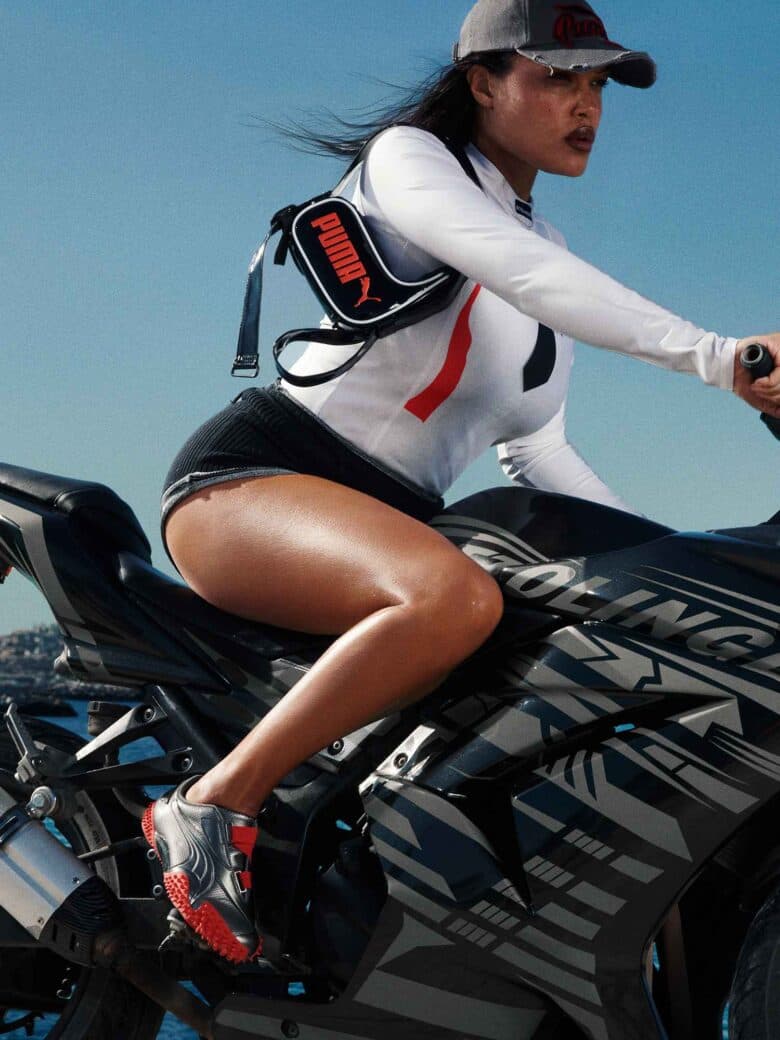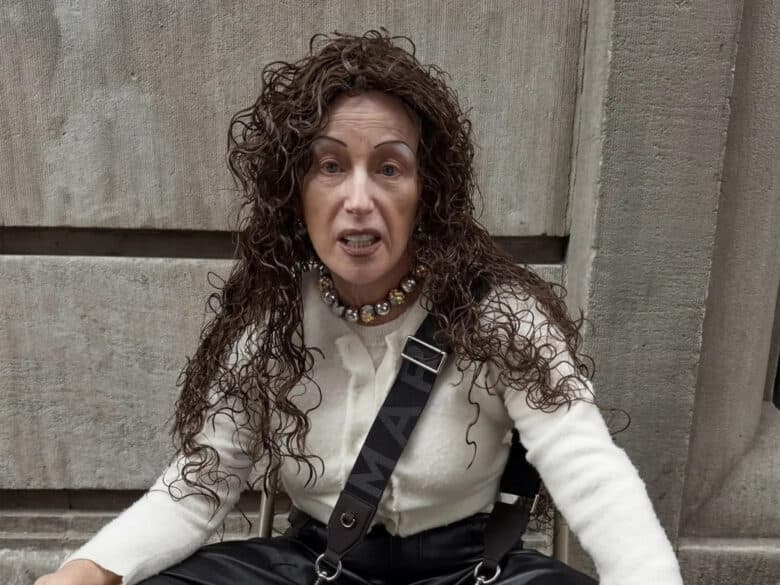Women make up some of the music industry’s most talented and revered stars, creating generational songs that top the charts as well as carving out niche underground communities for rising stars to thrive. Whether as singers, rappers, producers, or behind the scenes, they’ve repeatedly proved that they can easily outshine men. However, they are often underrepresented and underpaid. According to Billboard, in 2021, women represented only 14% of songwriters on songs that entered the Billboard Hot 100; when it came to production credits, they only accounted for 3.9%. While some progress has been made over the years (women celebrated a record-breaking year on the UK charts in 2023, recording 37 weeks at number one), it’s evident that there is still an arduous and long road ahead in the fight for equality. So, as part of International Women’s Day, we’re highlighting the opinions of musicians across the globe on the industry’s most pressing issues.
Lana Lubany
“Speaking for myself and my environment, I’ve had meetings where people listened to me lead the conversation, which wouldn’t have been the case in the past,” says Palestinian-American artist Lana Lubany of the music industry’s evolving landscape. “Now, I feel like my voice is respected, and I feel a lot less imposter syndrome going into meetings and just in general.” The pop singer’s earworm bilingual anthems and remarkably powerful vocal range have taken the internet by storm – culminating in a first headline show at London’s Hoxton Hall on March 27th. However, despite her recent success, she admits that her journey has been far from plain sailing, and has often been discriminated against due to her ethnicity. “As an Arab woman, I believe that there’s a stigma around my ethnicity, where I feel like in order to become marketable, I have to become more western and change who I am in my core,” explains Lubany. “I’ve lost opportunities based on the fact that I’m a Palestinian woman, creating this feeling of self-doubt that I overcame by reconnecting with my family and my roots. I find that keeping my inner circle small and trustworthy protects me and my energy.”
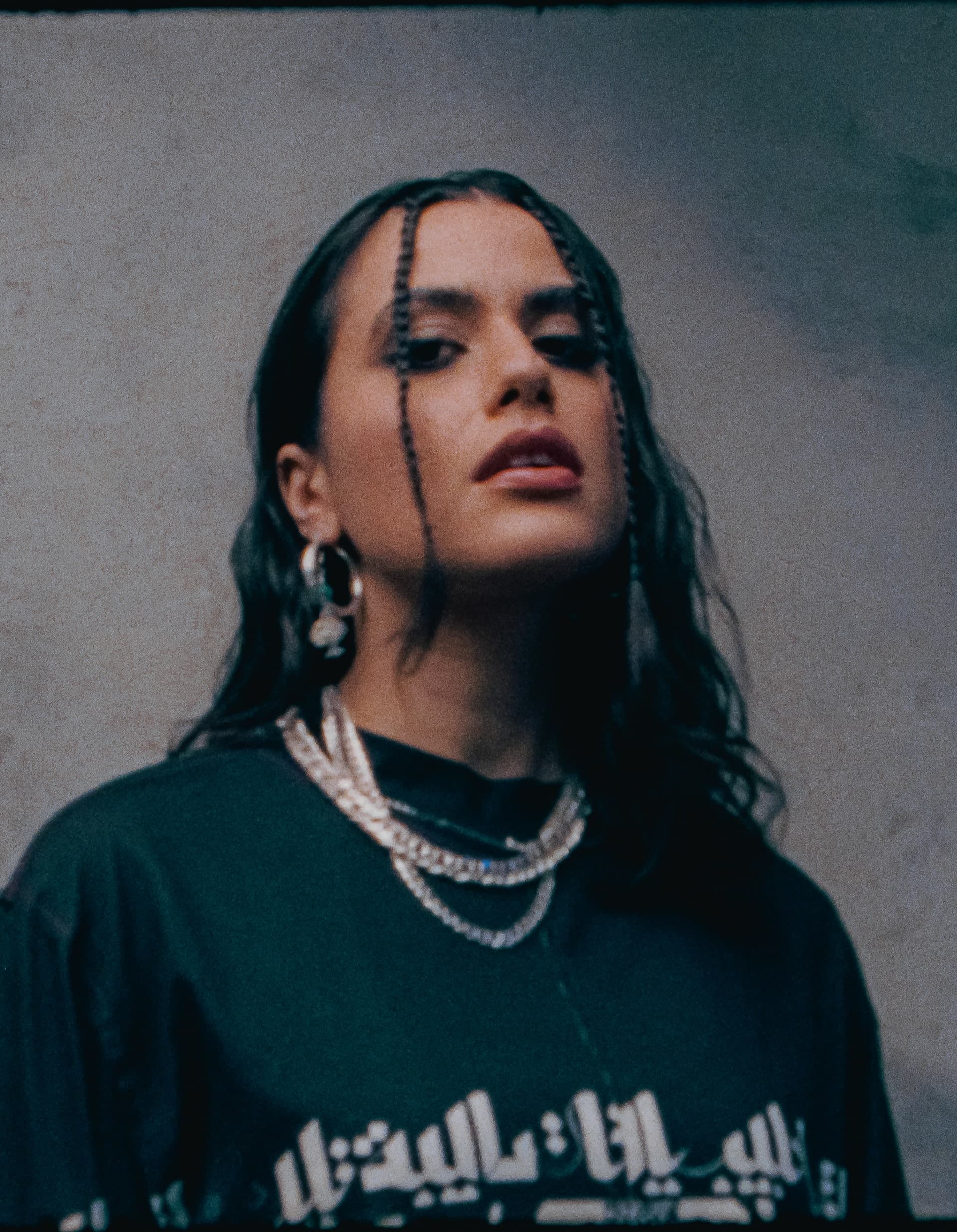
Brazy
“Always remember that you are that bitch,” is Lagos-born artist Brazy’s advice for women climbing the ranks in the industry. “You know who you are, and everyone else knows it too… Why wouldn’t they be intimidated? Don’t tone yourself down for anyone.” The genre-bending artist’s tantalising Afro-sexy soundscapes and multilingual bars have quickly set Brazy apart from the crowd with only a handful of releases to her name. Still, as a relative newcomer, Brazy hasn’t seen much progress for women in the music biz. “Honestly, I haven’t seen progress – we’re still intelligent and sexy and for some absurd reason, that always ruffles some feathers,” Brazy explains. “The constant gaslighting when we speak up for ourselves and advocate for change is getting so boring – we cannot be humbled that way, sorry not sorry.” The exuberant star has already overcome a number of challenges in the industry, and as a result, being inquisitive and following her intuition is crucial. “Always ask why,” she says. “Be interested in everything that concerns you and your work, and don’t follow through with any decision you don’t have a positive gut feeling about.”
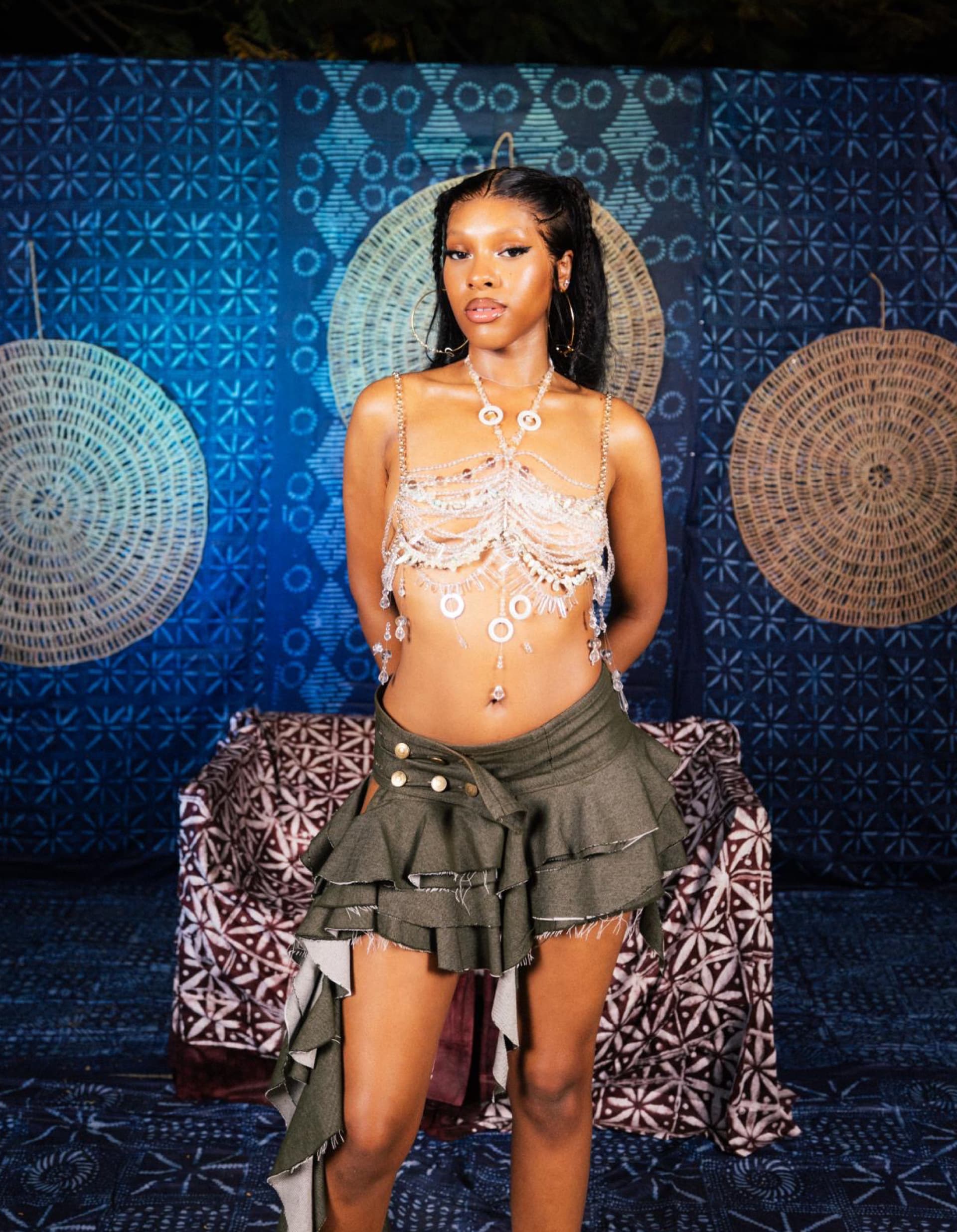
Nieve Ella
21-year-old rising West-Midlands songwriter and guitarist Nieve Ella feels optimistic about representation for women in the industry: “I definitely feel like I’ve become more aware of and seen a whole new wave of female artists since I began my journey, which is amazing.” And while she believes “big changes” are coming for women, Ella emphasises that progress can only be made if these discussions continue to be had. “The way to continue making progress is to keep talking about it, taking action and doing what we’re doing.” Meanwhile, Ella implores women to take ownership of their art and have the utmost confidence in their music: “My advice to young women in the industry would be to do, say and release music you fully believe in. Your art is your art, nobody else’s.”
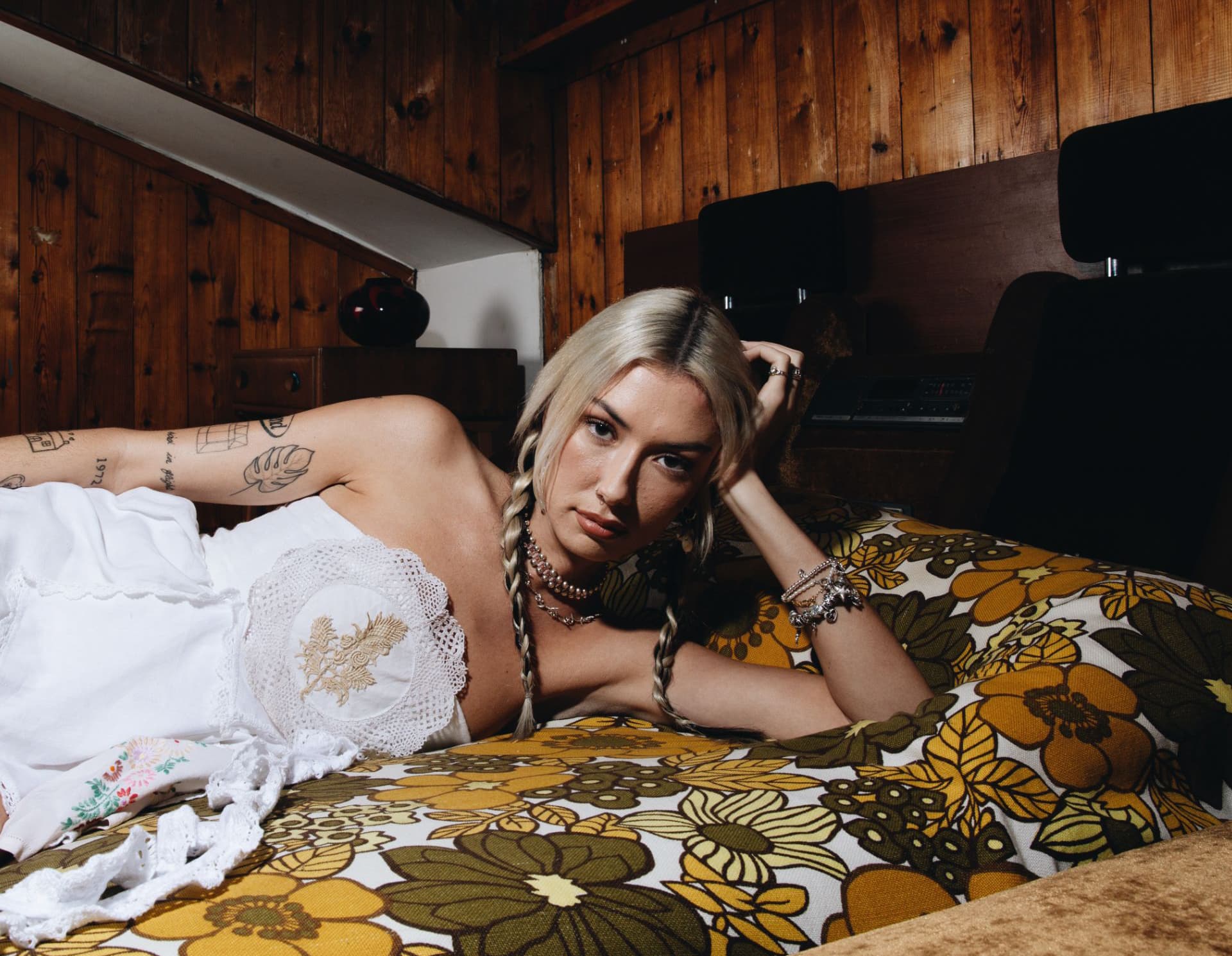
Jaz Karis
London singer-songwriter Jaz Karis, who was nominated for her first MOBO earlier this year, is “happy seeing more hard-working women in the power positions that they deserve to be in.” Meanwhile, she tells us that more women’s voices are being heard in the places that really matter. On the other hand, Karis admits that she’d like to see more empowerment among women themselves. “I think this industry often creates a feeling that women must compete with each other for one spot when really there is enough room for all of us,” Karis tells HUNGER. “Having other women around me that I can trust to confide in has been a massive support for me… See women as friends and comrades, not competition.” Finally, she counts negative perceptions of women as the reason for their underrepresentation in the music world. “I can only speak from my own experience, but I think a huge challenge for women is how we are perceived in the industry. I think women are scrutinised and judged more closely on the moves we make and how we conduct business.”
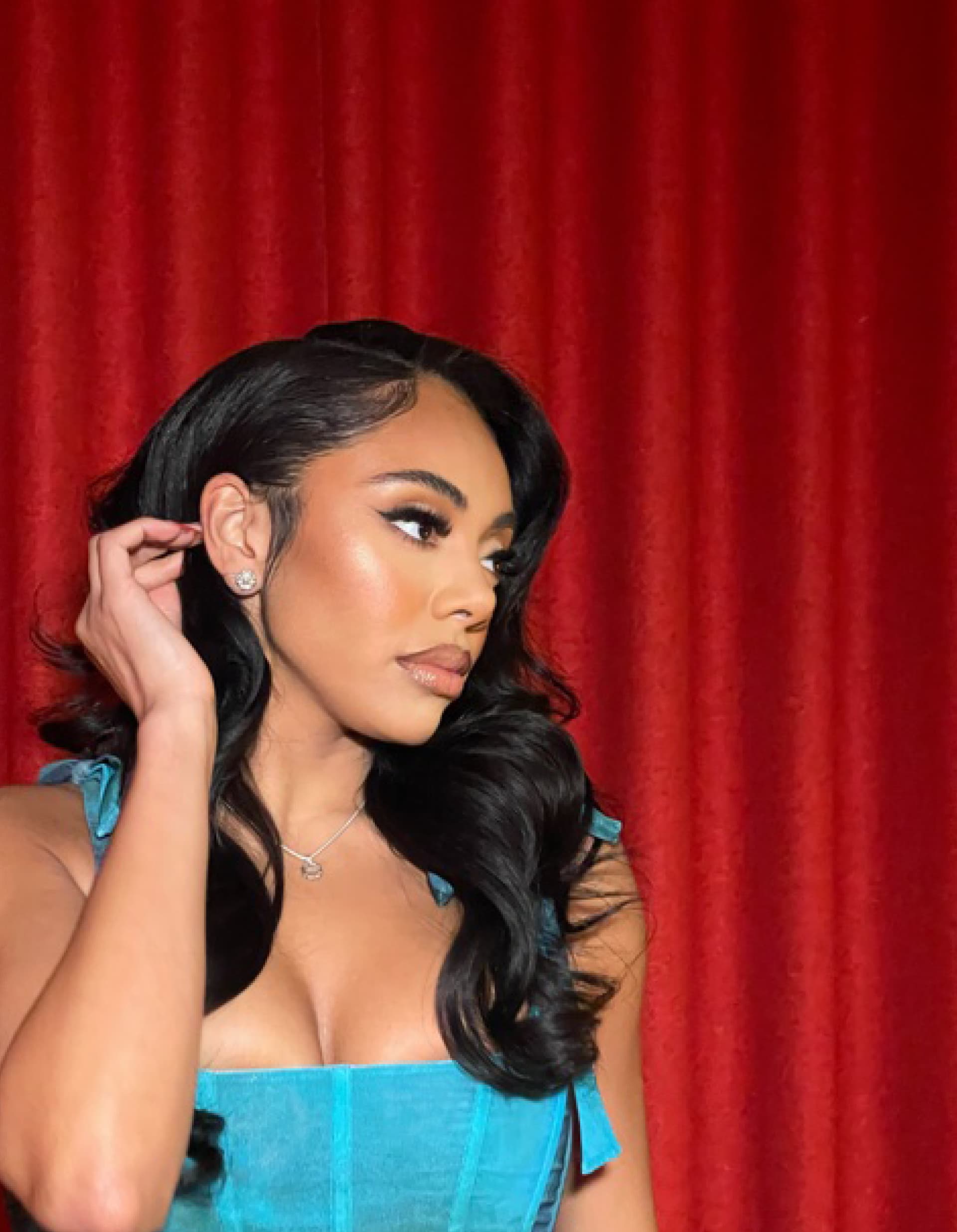
Crystal Murray
“We’ve stopped caring about what men or the industry wanted from us,” says French singer-songwriter Crystal Murray. “Women are focusing on building their own narratives and embracing their identities authentically. We realised that building our own narratives and owning who we are is the best way to connect to people.” Murray’s starting off 2024 strong, releasing the powerful and resilient PAYBACK’ and is gearing up to release her debut album on May 17th. Murray propelled herself into the industry thanks to her debut single ‘After Ten’; since then, she’s discovered that labels are blind to identifying nuance amongst women. “It’s like every woman is an archetype of something people imagine them to be; it’s hard to be hybrid and not to be put in only one box.” And when it comes to women’s greatest challenge in music, Murray believes it all comes down to appearance. “The focus often shifts from an artist’s talent and message to superficial aspects such as weight, hair changes, and physical appearance.”
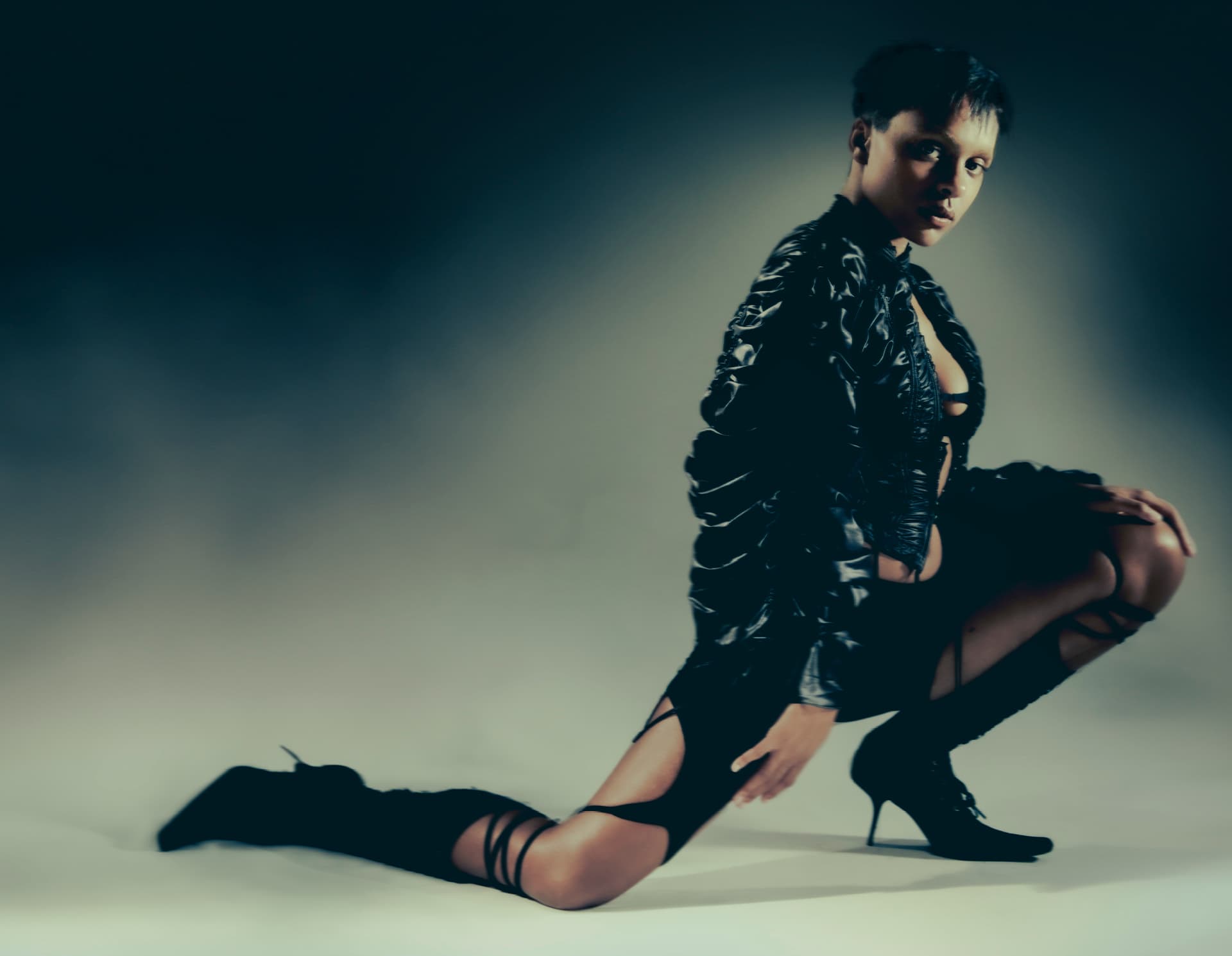
Elkka
“My advice for women in the industry would be to remember that community is everything. Join one or build one around you. Whether it’s a club night, radio show or record label,” notes Cardiff-born producer and DJ Elkka. As a queer artist, Elkka – who was the recipient of Radio 1’s Essential Mix of the Year in 2021 – has consistently pushed for greater representation amongst women and the LGBTQIA+ community through her music, resulting in a record label of her own that represents those values, femme culture. “For me, setting up femme culture was about being a part of something that allowed me to connect with individuals who understood who I was and could uplift each other,” Elkka tells us. While Elkka believes people have become more conscious about the inequalities that exist within music, the artist says she still has to have her “wits about me”, especially in club settings, which still hold a feeling of hostility towards women. The musician has also been on the receiving end of tokenism in the industry, something she experienced when booked for a recent festival. “I played a show this year, and the person who booked me congratulated himself because he is booking women on his lineups who are ‘actually very hard working and talented.’ So then you sit there and feel frustrated that, ok, you booked me because you have to. I want to play because I am fucking great at what I do, not because I am your diversity hire.”
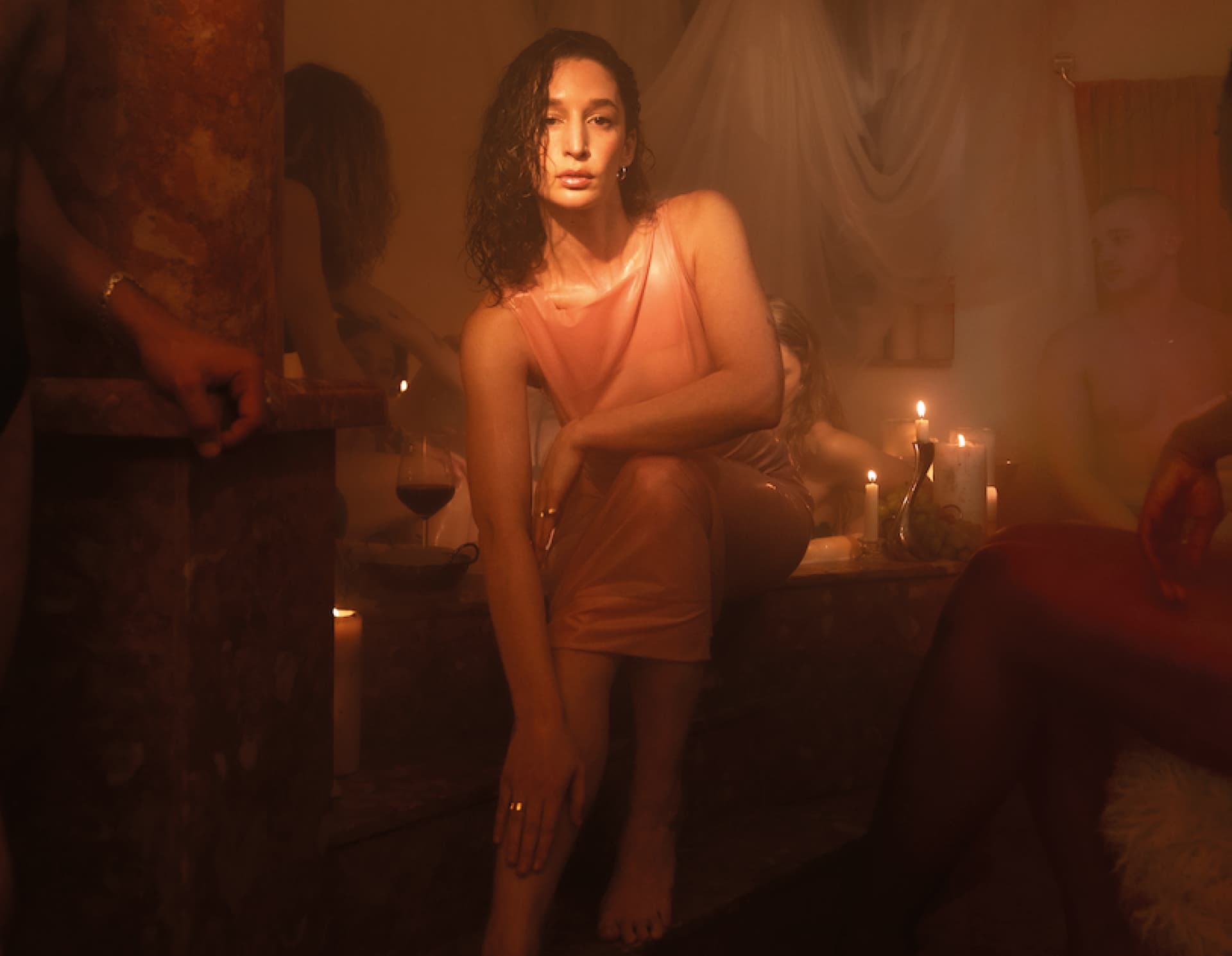
Pretty Girl
Over the past two years, Naarm (Melbourne) based producer, vocalist and DJ Pretty Girl has seen her funky fusions of house, UKG, and techno take her across the globe and support the likes of Fred again.. and Bonobo. For the most part, her experiences have been mostly positive, which she largely attributes to the trailblazers that came before her. “I believe this [positive experience] is a result of so many powerful women who came before me and made huge strides to improve gender representation, creating a space for young artists like me to be treated fairly and equally as musicians.” The increased exposure of women in the electronic scene is something that Pretty Girl is revelling in, and she hopes this will cause a trickle-down effect for aspiring DJs and producers. “It makes you think, ‘I want to do that, and if she can do it, I can do it too,’ she explains. “So, I think truly, over the next 10 years, we will see so many more incredible women step out onto the scene.” And like many artists who’ve shared their experiences, the sense of community amongst women is paramount for Pretty Girl. “Make friends with other young women who want to do the same thing. Support other women so we can all win together. Join a community of women, and if you can’t find one, build one!”
